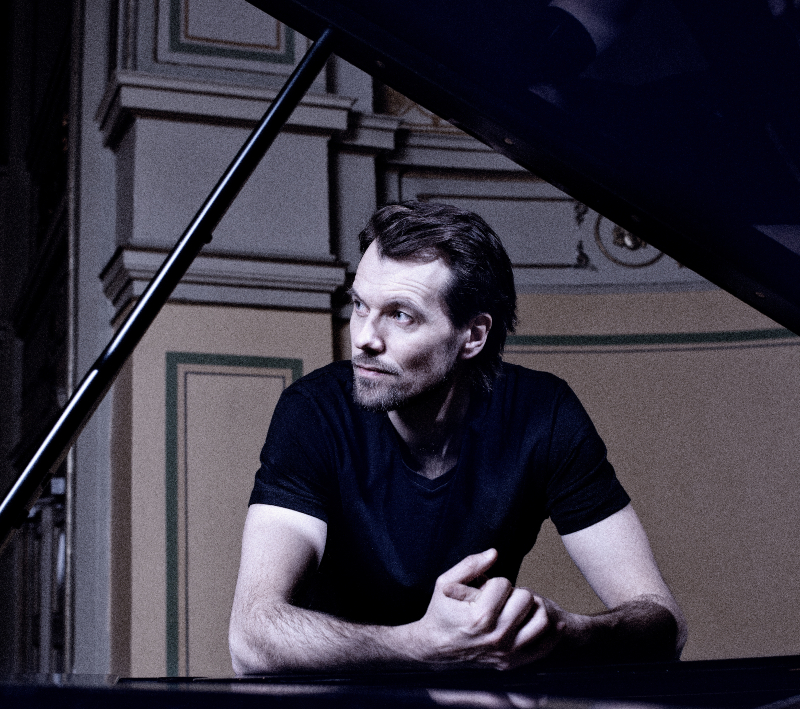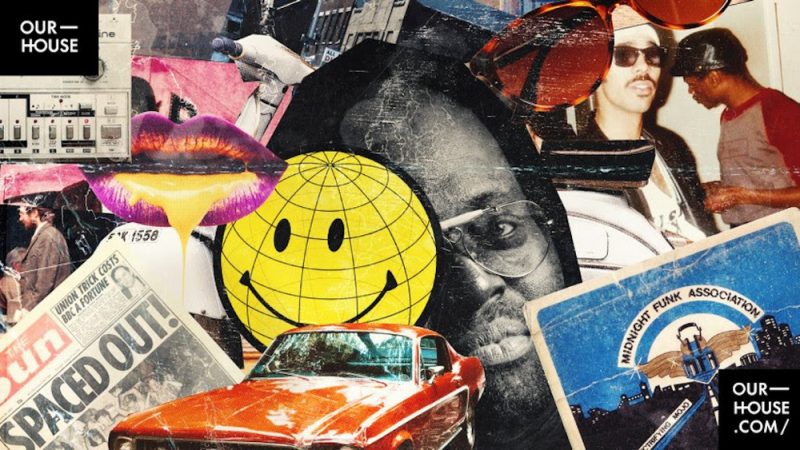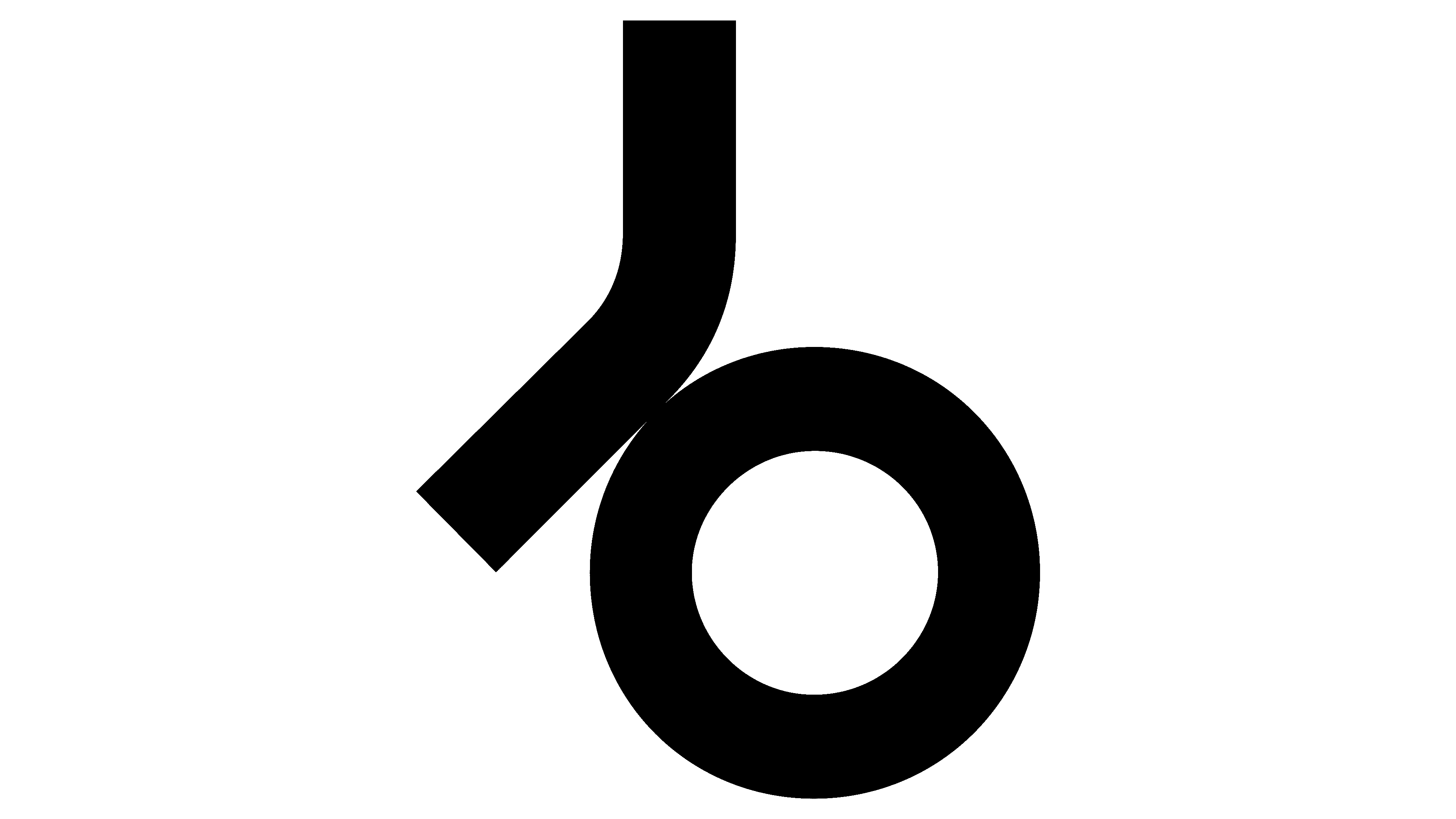Interview: Five Minutes with KAADA
Photo Credit: Observatoriet
We had the chance to speak to multi-Instrumentalist and producer John Erik Kaada about his new album Misinterpretations. After several months of intense piano rehearsals and lyrics preparation, it took KAADA four months to record the album. The album is described by the artist himself as one of his “purest and most intimate artistic statements to date.” Misinterpretations takes us on a journey back to the good old days by adding an intimate and more modern touch to well known European classics.
What motivated you to re-adapt these classic tracks on your new album, Misinterpretations?
Many things pulled me into this project. As I have worked solely on my own music for many years, I felt the need to open the hatch and experience other composers work on a deeper level. Call it a refill. To spend time with real masterpieces does something with you. The guys that wrote these pieces are so skilled, it gives hope to humanity, and what we are capable of achieving.
Which artist’s music did you enjoy reworking the most and why?
Since I am from Norway, I am bonding strongly with Grieg. He has a central place in our music history here, and when I studied piano at the conservatory, I spent a lot of time learning his music. The piece I play on the album is called Arietta, and the idea came from a motive I found in the left-hand bass notes. It was a beautiful line, and I built the whole arrangement on top of this, even including a cheesy modulation at the end of the piece.
What advice would you give to your younger self?
Relax, things will work out
Do you prefer composing film scores, or is the act of producing music of all kinds a gratifying experience as an artist?
To do film scores is rewarding, because you are thrown into musical journeys that you would otherwise not go on. I always try to make the kind of compositions that I love, and the styles that I currently are most into. At least as a starting point, but as the process goes on, you have to let those things go, because film music is there to help the story and the narrative forward. If a scene needs Balkan music, or an oboe quartet (God forbid), then you just have to make that work.
Can you please describe a key moment of your career so far?
When I met my two best buddies Øyvind Storesund and Børge Fjordheim back in 1996 is definitively a key moment. We formed the band Cloroform, and our experimentations and musical freethinking endeavours has been an important ingredient to form me as a person, a composer and as a musician.
We received word that you mutilated and performed on a piano with a bit of chewing gum (PuttyKit) on each string while producing the album. Will this method be used more when producing future releases?
There is something that happens when you treat an instrument like it is not supposed to. An energy emerges. It is like the instrument is struggling to do what it is supposed to do. So when you sit in front of a prepared piano, it is like it is communicating back to you in a more distinct way. You and the piano become equal. you listen more closely to what the piano gives to you, and you play it in a more focused way. To prepare a piano in a way that it actually sounds beautiful is really tricky. Prepared piano is often done with metal objects, and that just makes the sound harsh and too unpredictable. The advantage with Putty-kit (heftemasse) on each string is that it is easier to control the pitch, and you bring out other harmonics in addition to mute the sound.It also took a long time to develop, and finetune, so in that sense there has been an investment in research. You have to know where to put the dash of Putty-kit, and how much depending on what string you are working on. It very much feels like a sound that fits well with my music and my way of playing, so I definitely will do more of this.
Your last album release was for the film Zombielars back in 2019, and the year before that you released your first solo album since 2009. What motivated you to release another solo album this year?
I do not release albums for the sake of releasing albums. I release them when I feel I have something new to show, and something that I feel needs to be documented. Some years ago I bought this fantastic Bechstein Grand Piano from 1930. It was shipped to Germany and put in great shape. I did it because I felt a need to start practicing the piano again. There is something physical with piano playing. You are brought into the sound in a way, and I knew that this was something I needed to do to keep the spirits up with my music making. It was an investment in inspiration. I wasn’t planning on making a solo-piano album, but then this discovery with this mutilated sound came along, giving me tons of inspiration and joy.Since my piano is in my own studio, with all mics already in place, it was just to start recording. But to get it good enough for release took longer than expected to get it good enough for release.
Has Covid influenced your music production at all?
Every interview with composers these days tends to slide into what they have found time to focus under this pandemic, and I guess I am no exception. Would I spend 5 to 10 hours each day rehearsing and recording piano if I had other things to do in the studio, or a film-deadline? Probably not.
What can fans expect to hear about you in the months to come?
This year and last year has been super-productive. Misinterpretations is a side-project to my own compositions, and I have been making a pile of those since Closing Statements came out in 2018.
One last thought to leave your fans with?
Drink your coffee before it gets cold. I forgot all about my cup here.
CLICK HERE TO GET MISINTERPRETATIONS NOW
Follow KAADA:



